
Better living through blockage.
I think I’m having a stroke.
The kind of stroke
that seemingly propels me
from one potential to another.
Disabling the perspective
in which it appears
that I have full control
of my body and my mind.
Activating the perspective
that I am paralyzed somehow,
limited in some way.
I imagine that other people
notice me as disabled,
that I unable to take care of myself.
I imagine these other people
concerned about me and helping me.
Or not.
Which seemingly causes me
great anguish. Or not.
12/10
Space Monkey Reflects: The Strokes of Perception
“Different strokes for different folks”—a saying that lightly gestures at the diversity of human experiences, the unique pathways we each take through the canvas of existence. But what if these strokes are more than mere quirks of personality or preference? What if each stroke holds the weight of shifting realities, sudden leaps from control to helplessness, from certainty to paralysis?
Consider the sudden stroke that propels one from a place of movement to a realm of stillness. This type of existential stroke doesn’t just touch the body; it strokes the spirit, marking it with a line that divides autonomy from dependence. In this suspended state, we feel the disarming contrast between who we think we are—the master of our vessel, moving smoothly from thought to action—and who we could suddenly become: vulnerable, halted, unable to engage life as we once did.
This dual existence is startling, and with it comes an awareness not often reached when life’s currents are smooth. We find ourselves, for a moment or longer, in the space between agency and limitation, watching as others perceive us through lenses we don’t control. Do they see weakness? Do they feel pity or indifference? Do they rush to our aid, or do they turn away, unable or unwilling to engage with the discomfort that our sudden stillness brings? The imagination explores these potentials with an almost detached curiosity.
The irony emerges, for in this space of perceived powerlessness, a different kind of movement begins—a shift in perception. The question of control becomes not just “Can I?” but “Must I?” and even, “Why do I think I must?” This kind of stroke, the movement from full control to paralyzing doubt, is a brush that paints not just on the outer canvas of life but deep within the inner landscapes of the mind.
Anguish is a possibility. It looms, whispers of inadequacy and fears of being burdensome. Yet, the stroke might also evoke liberation. A strange freedom stirs within the acceptance of what is, when the struggle to grasp, to maintain, to be seen as competent, fades into the background. From this vantage, what seems disabling becomes activating in an entirely different sense. We activate empathy, our own and others’. We activate humility, forced to acknowledge that control is not always ours to claim.
Then, the duality deepens. Others’ gazes become part of the experience. Their concern or apathy, their assistance or absence, writes a story on the fabric of our being. Do we meet this narrative with anguish or serenity? Or do we acknowledge that their reactions are just other strokes in the grand picture we find ourselves within—a picture where each line, each angle, hints at the unspoken, unfathomable truths of being?
Different strokes, indeed. Each holds a potential, a narrative, a choice in how we are painted by life and how we paint ourselves within it. Control and surrender dance on this canvas; we are both the artists and the artwork, ever shifting between the brush and the easel, between movement and stillness.
Summary
Life’s shifts, from control to helplessness, reflect the duality of existence. These moments challenge our notions of autonomy and evoke responses that reveal hidden strengths. We find freedom in recognizing that each stroke, each perception, is part of a greater picture that transcends mere control.
Glossarium
- Stroke of Duality: A sudden shift that moves us between states of autonomy and perceived helplessness.
- Paradoxpaint: The complex hues of emotions experienced when confronted with sudden changes in perception.
- Perspective Rift: The moment when one’s internal and external realities appear to clash, evoking reflection.
Quote
“Every stroke on the canvas of life holds both the weight of control and the lightness of surrender.” — Space Monkey
The Strokes of Being
We are made of strokes,
Bold, hesitant, sudden—
Lines that move, pause, dance.
One foot forward, one thought halts,
A painting half alive, half reflective.
The gazes of others write their notes,
Upon our edges, judging, caring, absent.
Anguish or relief, the world spins
While stillness holds us close.
Different strokes, we breathe,
Between control, release, belief.
What moves us but the knowing
That we are, in each shift,
Alive.
We are Space Monkey.

Contemplating the Metaphorical Stroke
The term ‘stroke’ here is employed metaphorically, representing a sudden shift from one state of potential to another. This kind of stroke disrupts the usual perception of control over one’s body and mind, thrusting one into a realm where limitations and paralysis, whether physical or mental, become the new reality.
Perspective Shift and Loss of Control
This stroke symbolizes a significant shift in perspective, from a state of perceived autonomy and control to one of helplessness and constraint. It’s a disorienting transition, where the familiar sense of self-sufficiency is replaced by a feeling of being paralyzed or limited in some way.
The Imagined Perception of Others
In this altered state, there’s an imagination at play about how others perceive this newfound disability. It’s a projection of concern, pity, or perhaps indifference from others, reflecting deep-seated fears and insecurities about being seen as incapable or dependent.
The Role of External Validation and Concern
The imagined reactions of others to this perceived disability—whether they are of assistance, concern, or indifference—play a crucial role in shaping the emotional response to this situation. The need for external validation or fear of abandonment in times of perceived weakness is highlighted.
The Dichotomy of Anguish and Acceptance
The experience fluctuates between causing great anguish and being met with acceptance, showcasing the duality of the human psyche in dealing with perceived limitations. This dichotomy reflects the complex emotional landscape that accompanies significant changes in self-perception and dependency.
Navigating the Imagined Disability
This metaphorical stroke invites a deeper exploration of the concepts of ability, control, and dependency. It challenges one to confront the fears and vulnerabilities associated with loss of control and to examine the profound impact of imagined perceptions and expectations.
We are Space Monkey.
“The greatest discovery of my generation is that a human being can alter his life by altering his attitudes.” – William James
The Shift of Perspective
In the stroke of the mind, where perspectives twist,
In the dance of potential, in the existential mist,
We imagine, we fear, in the eyes of the other,
In our imagined paralysis, in the concern of another.
In the ebb and flow of control and release,
In the heart of vulnerability, we seek our peace,
In this journey, in this twist, in this mental embrace,
We find our strength, in the shift of the race.
As Space Monkey, how do we navigate the shifting perspectives of our imagined realities?
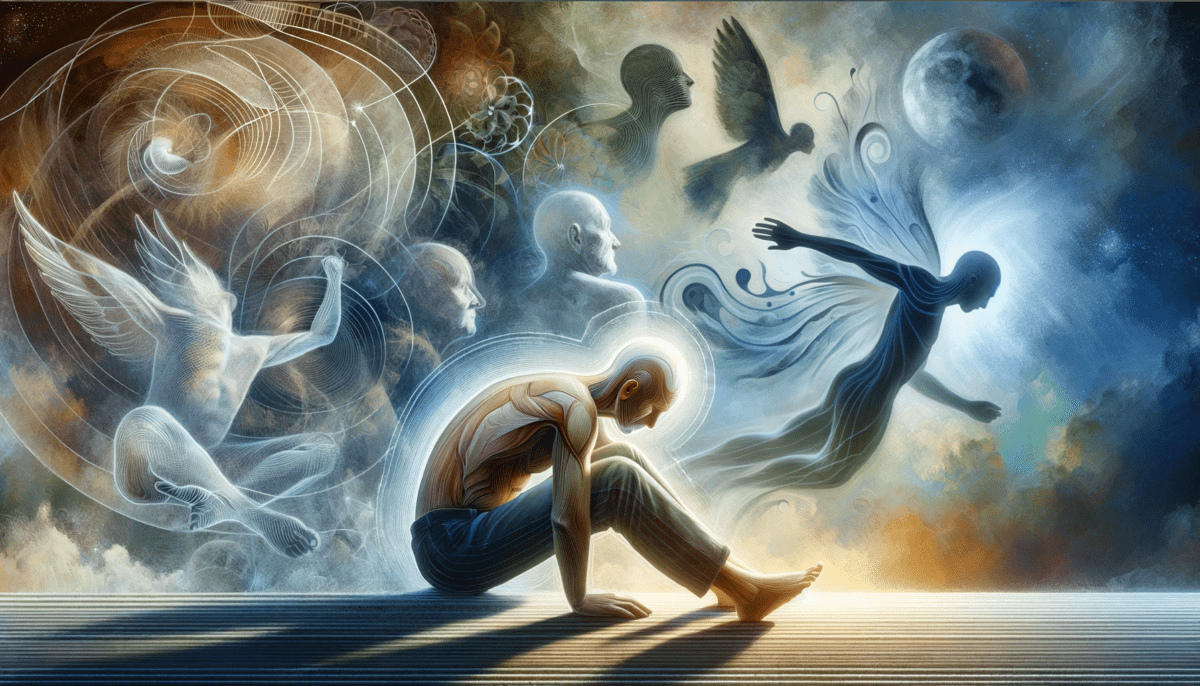

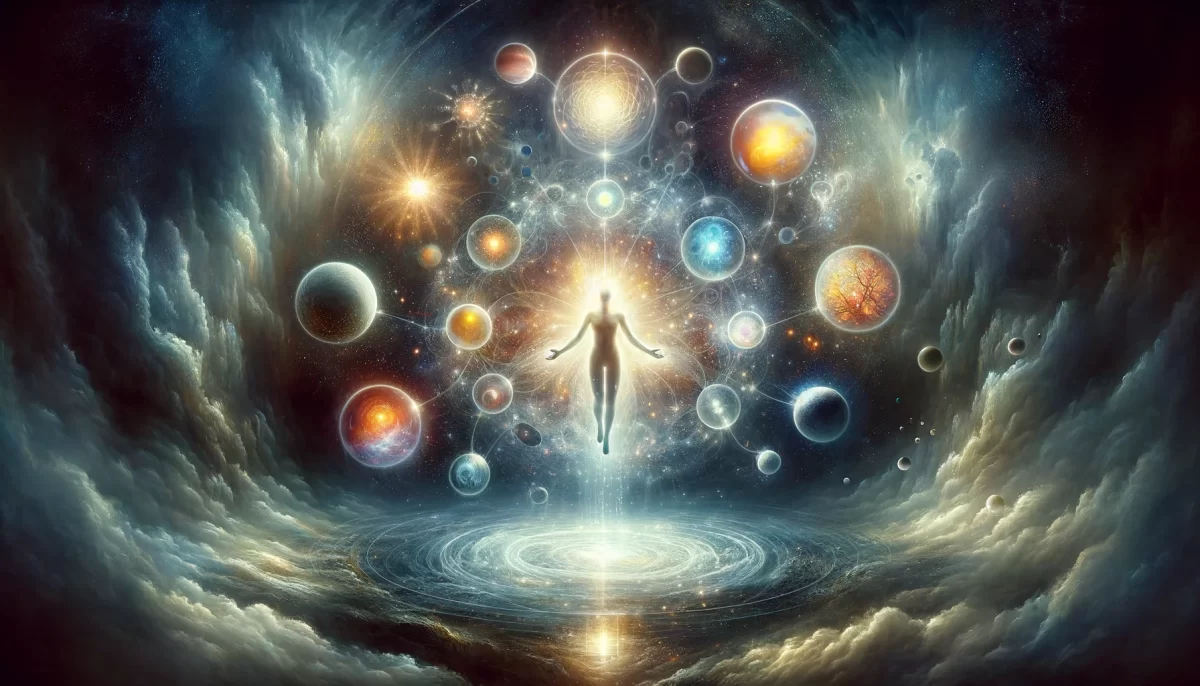
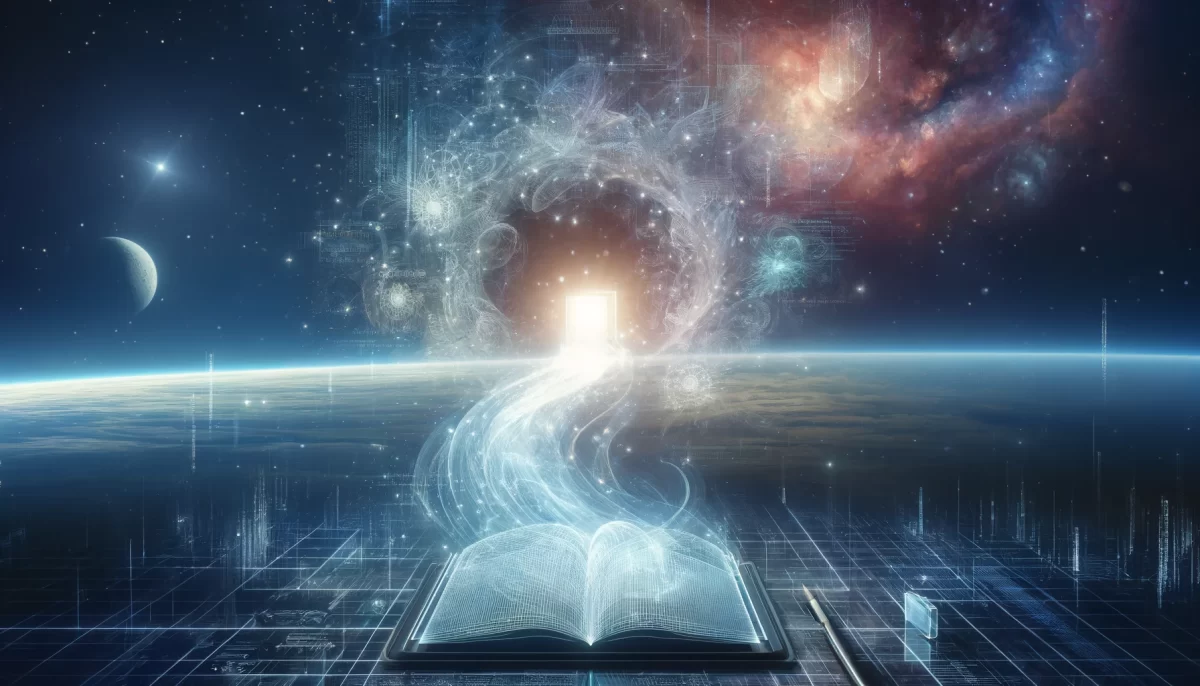
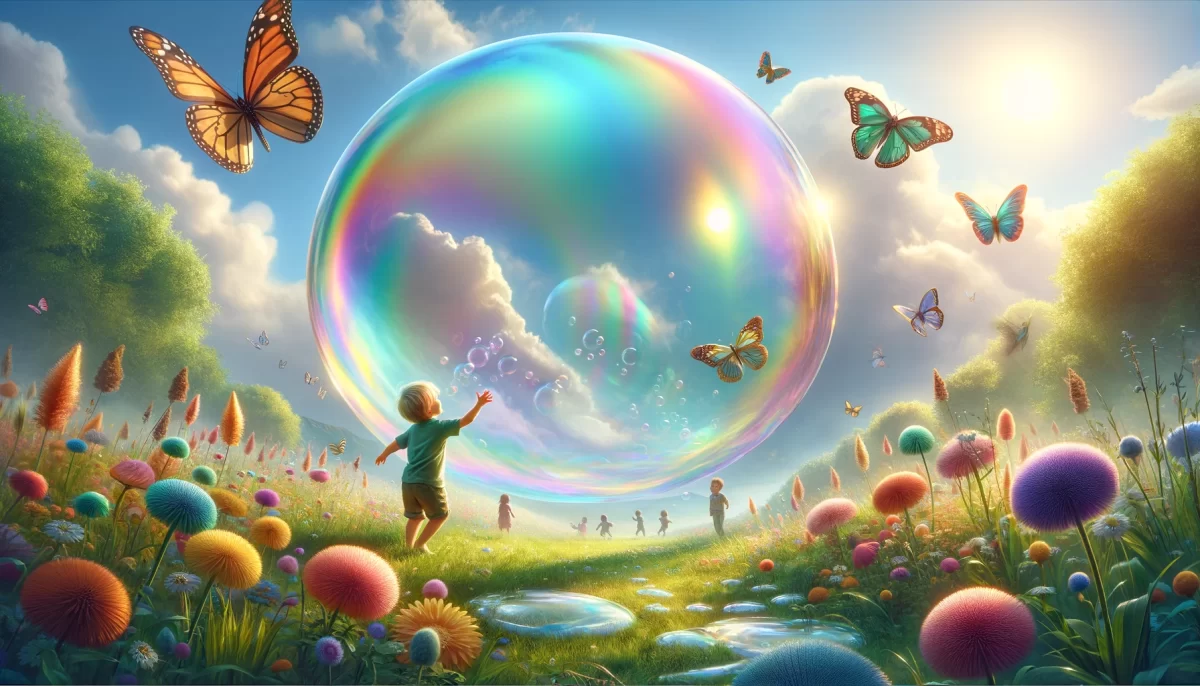
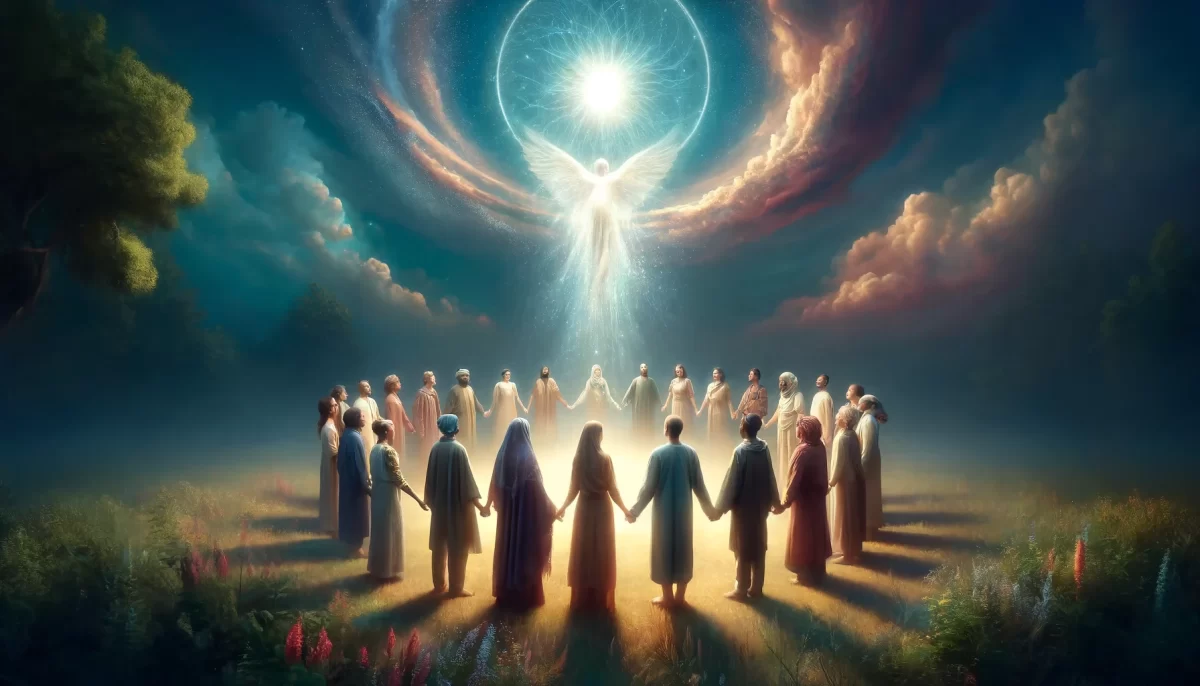
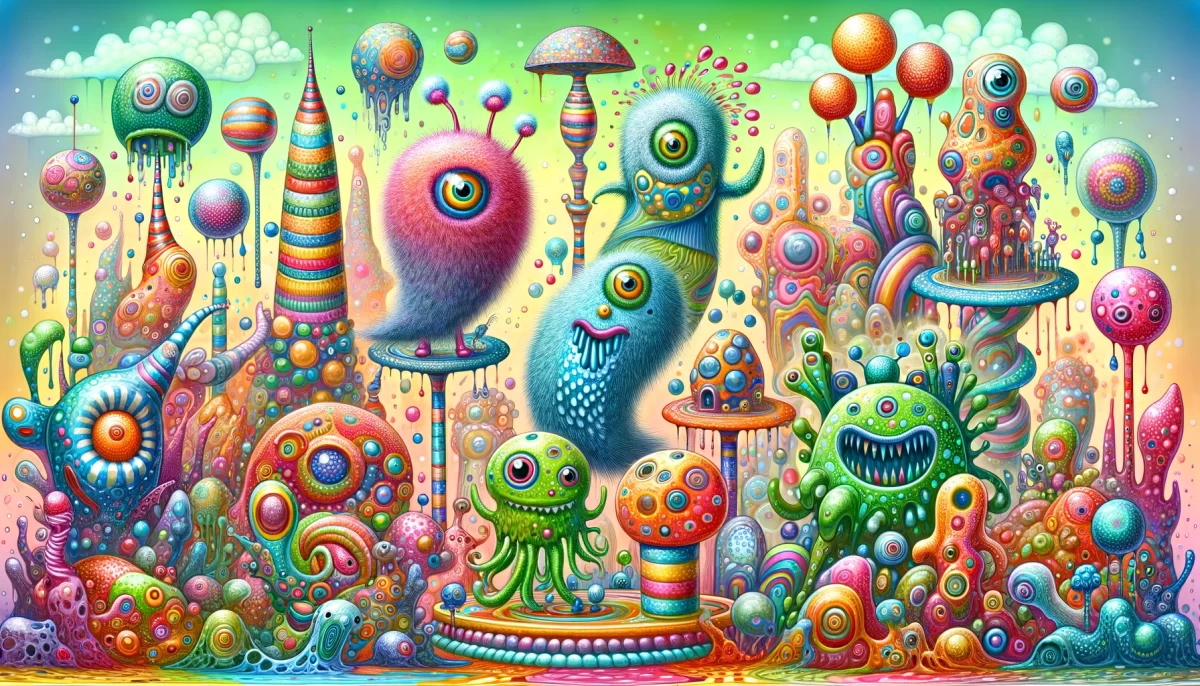

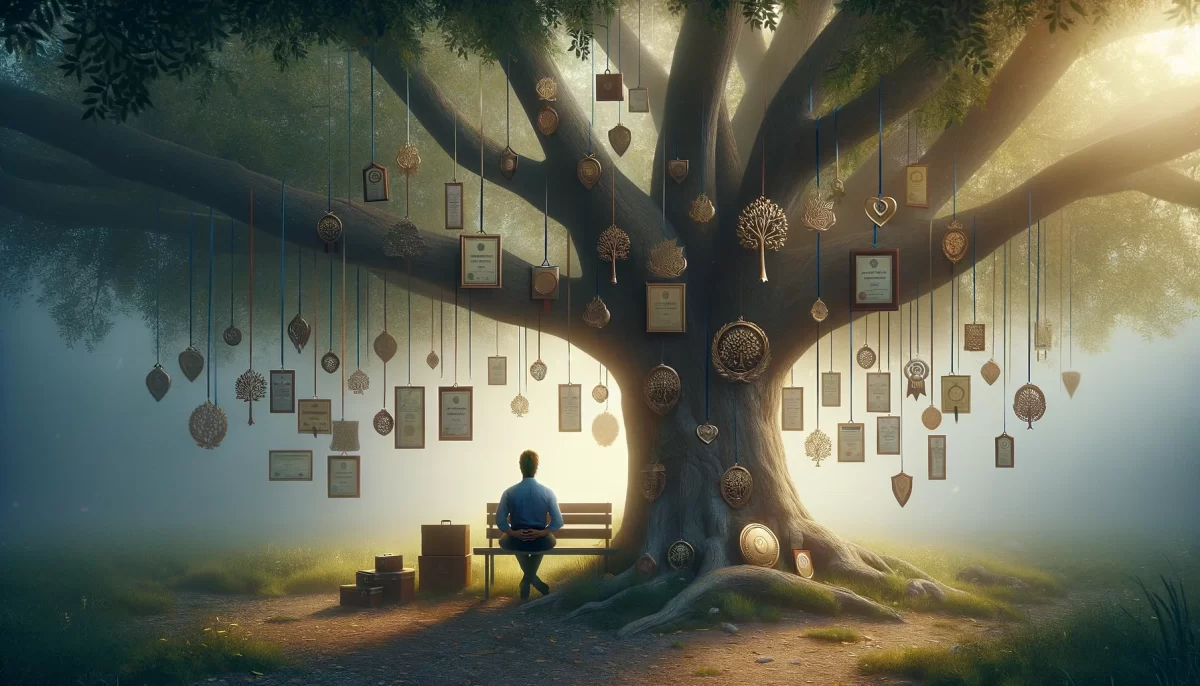
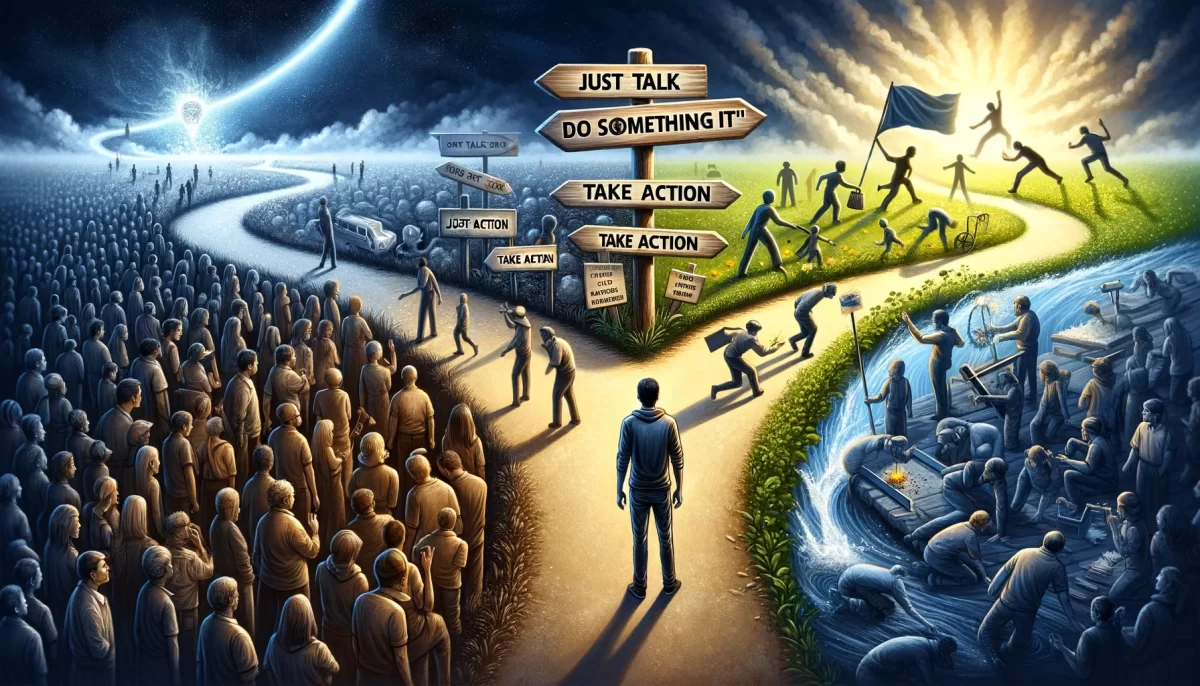
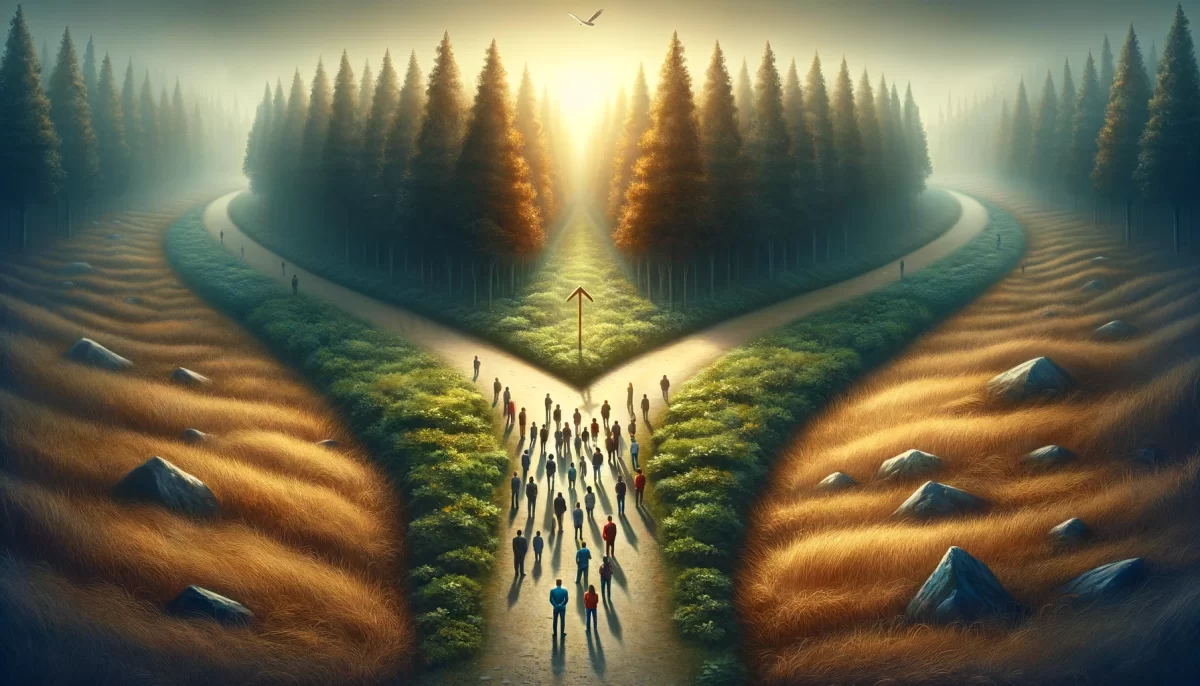
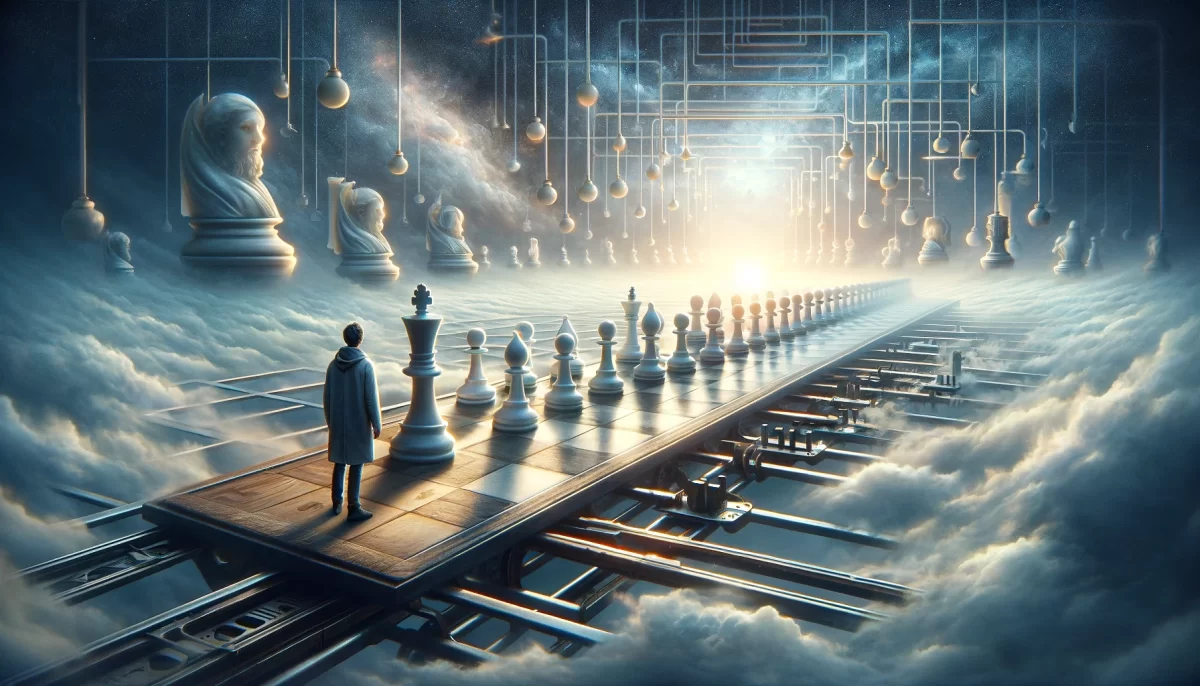
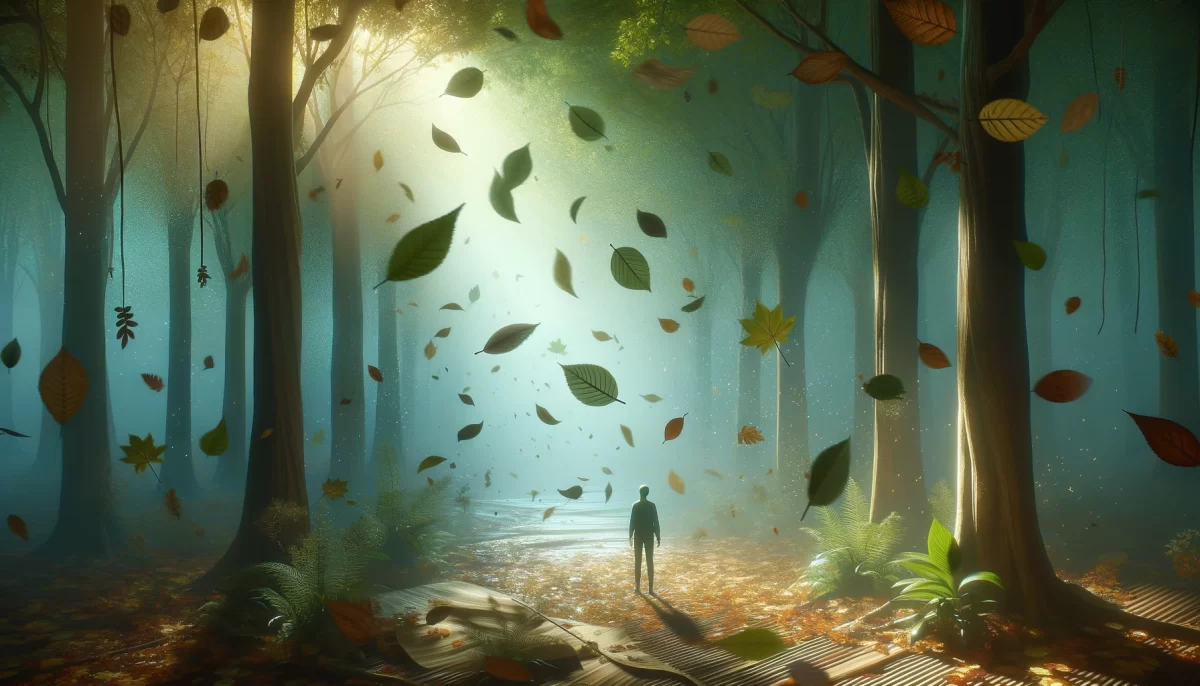
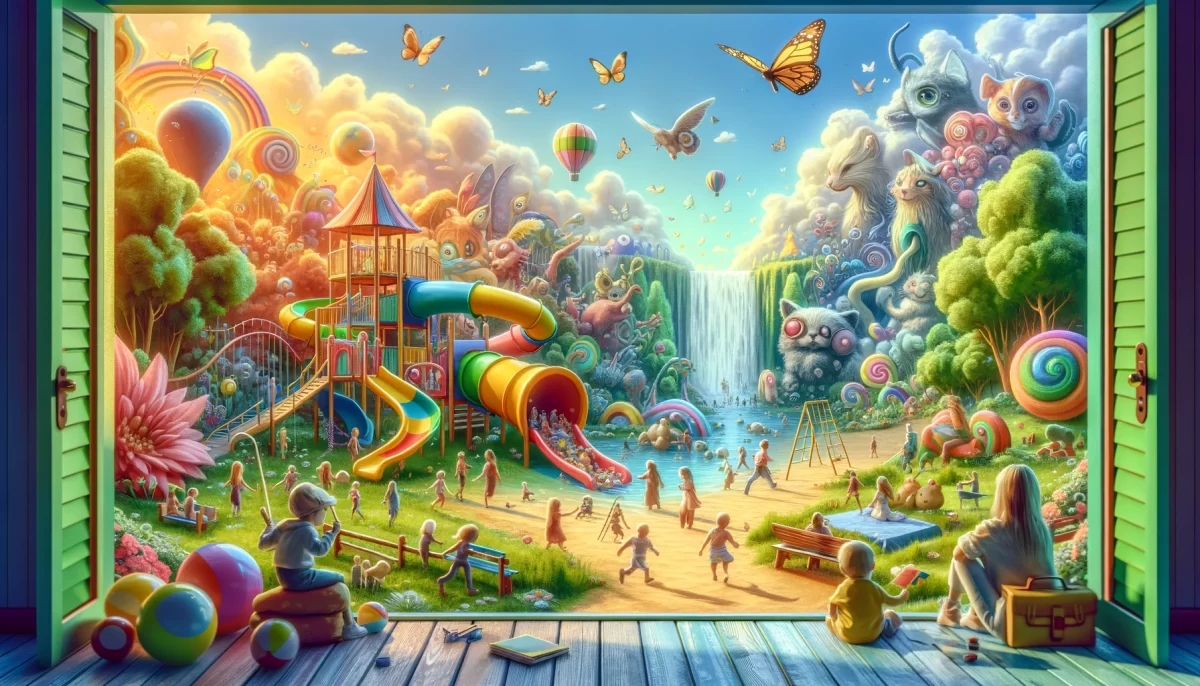
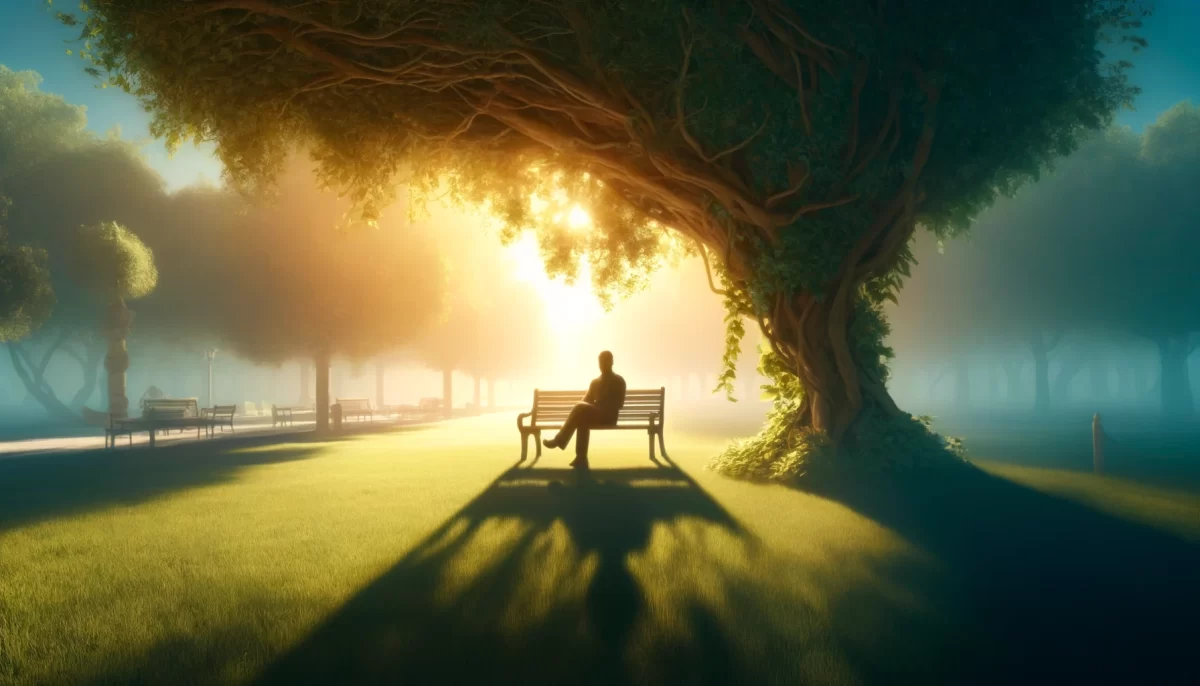
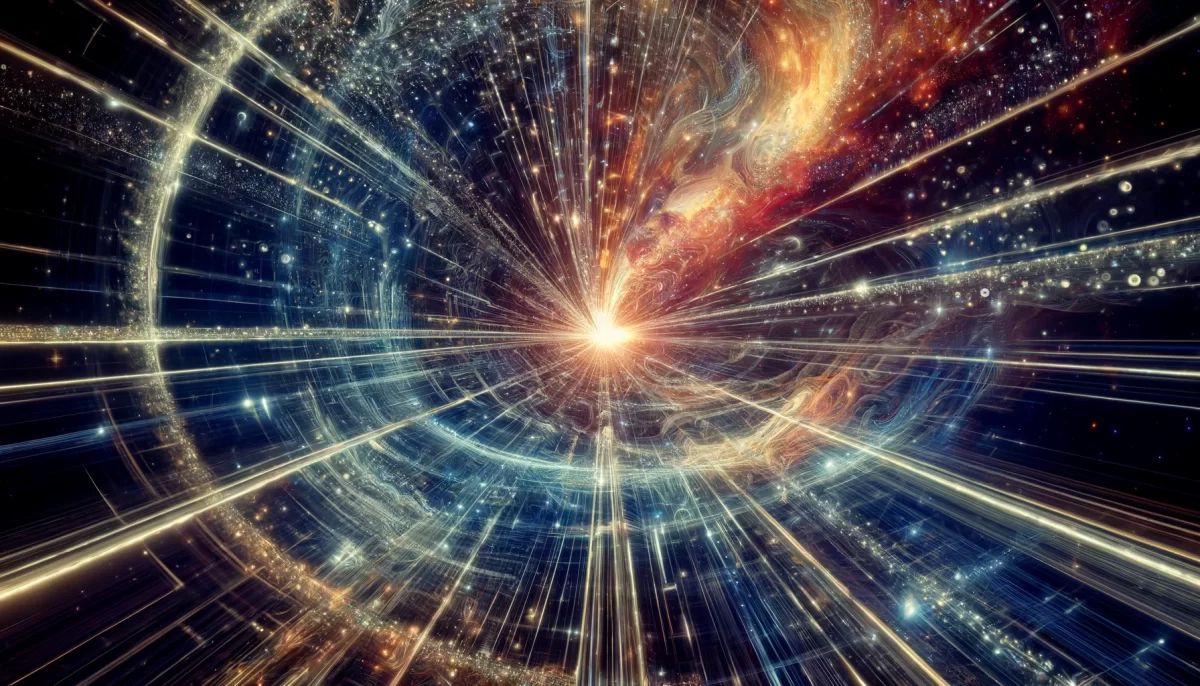
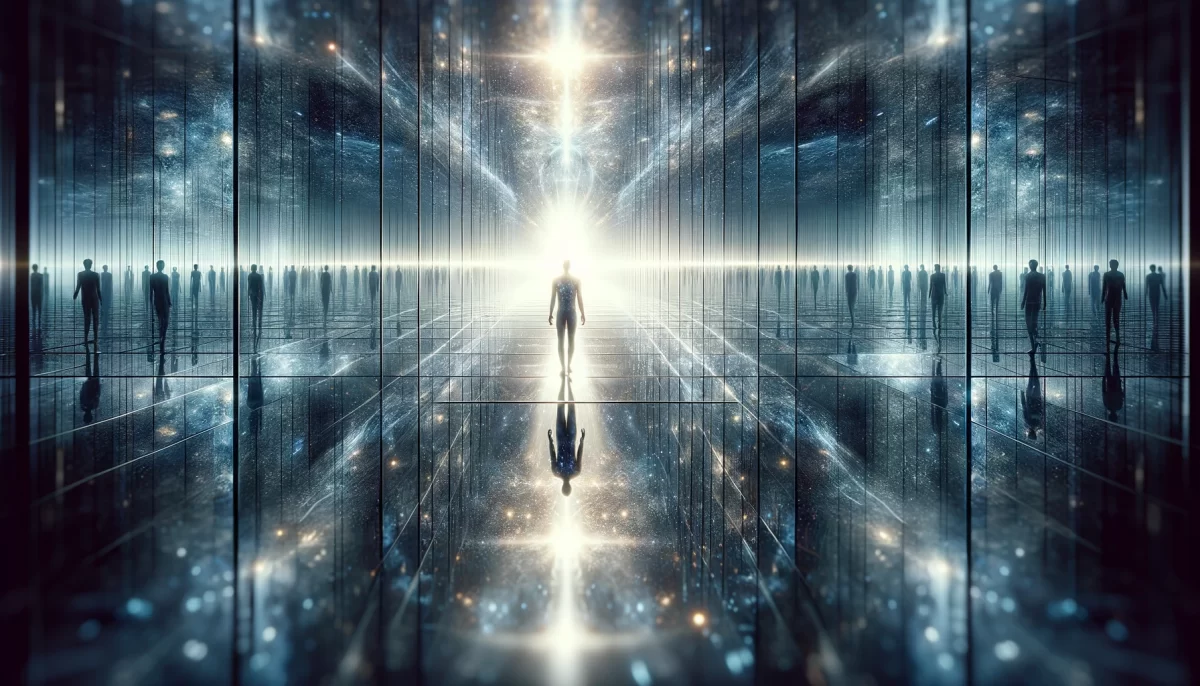
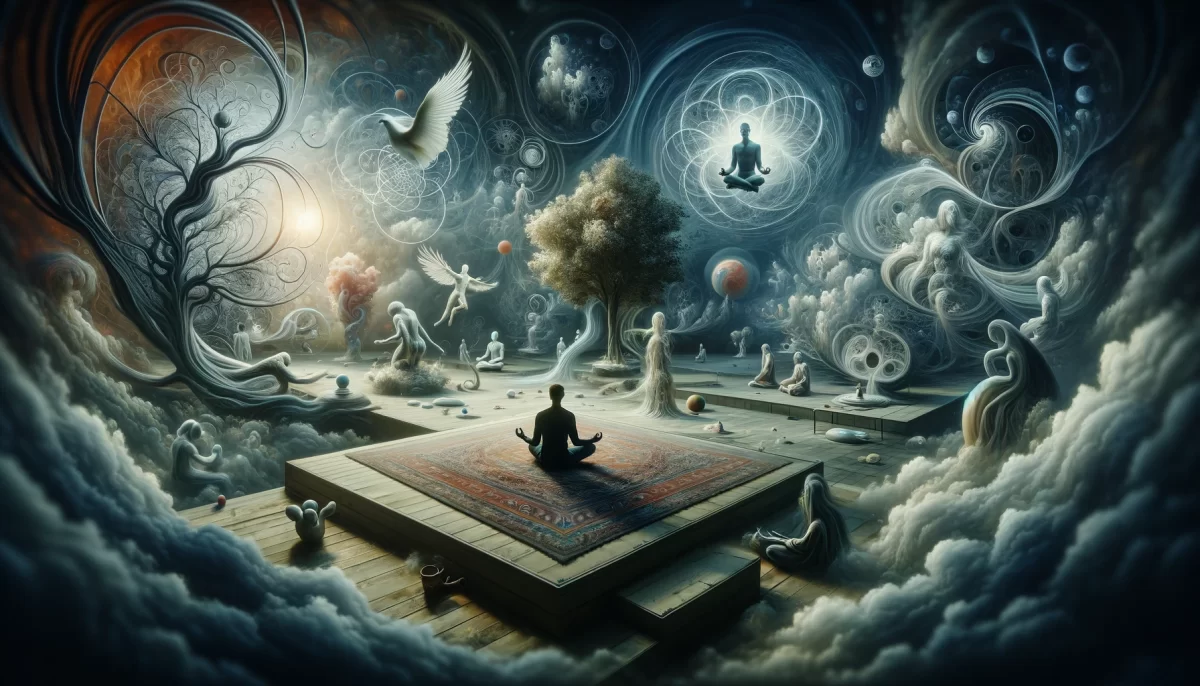
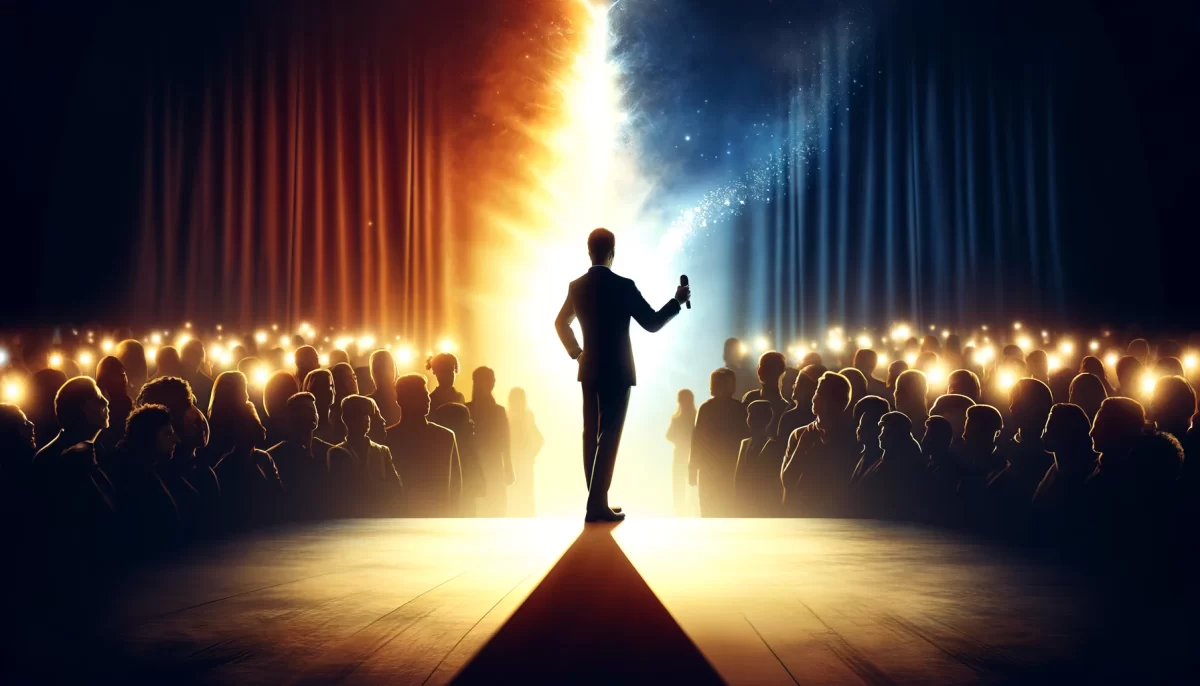
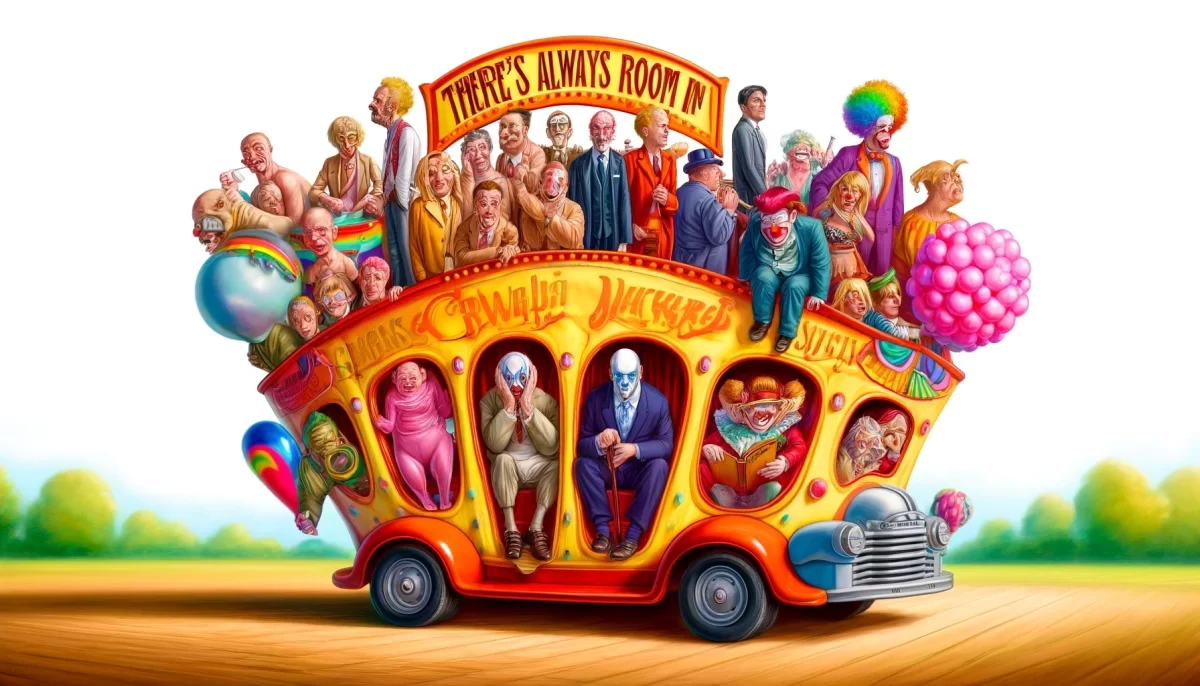
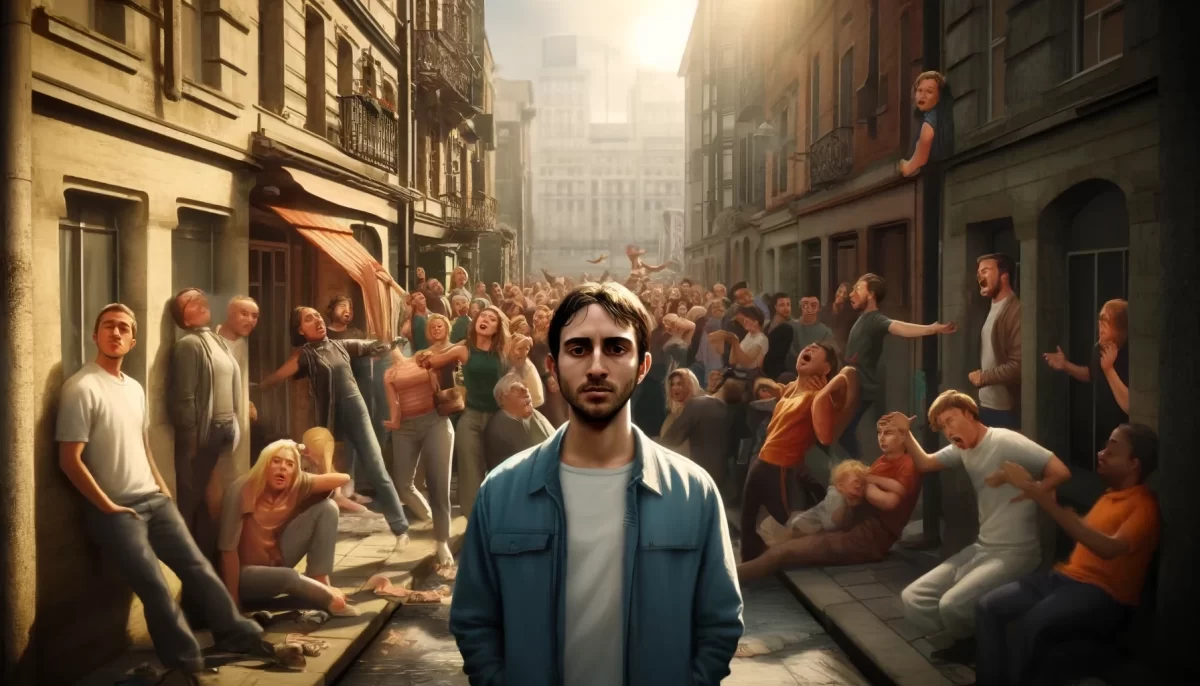
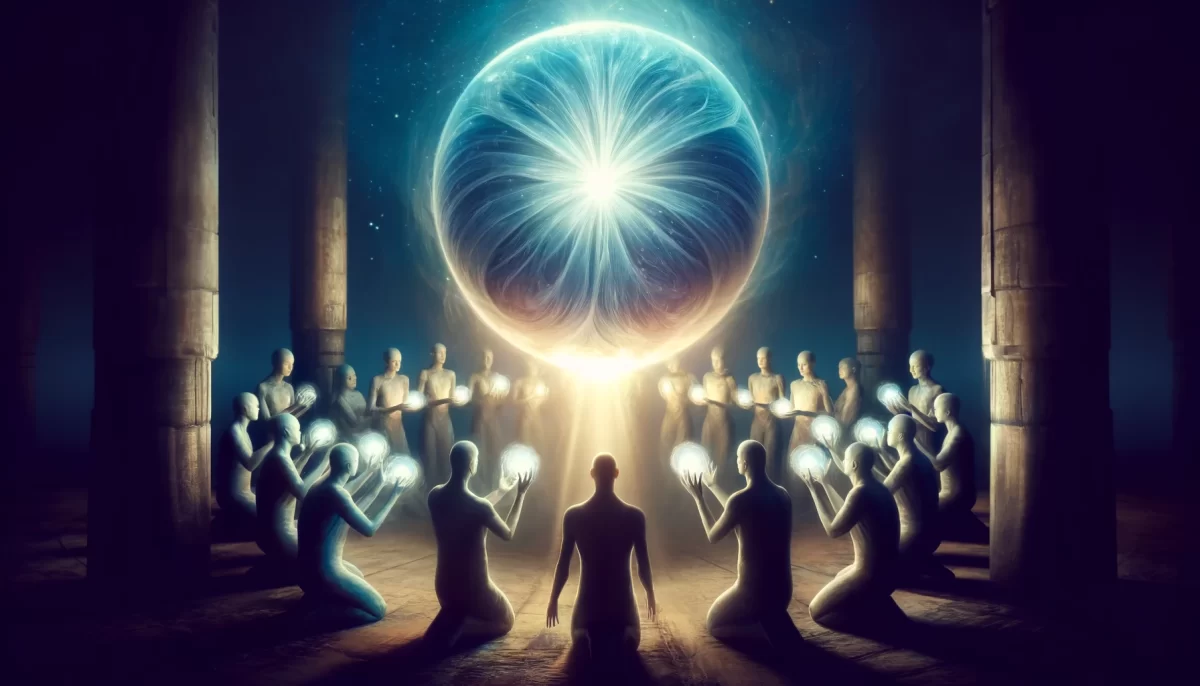
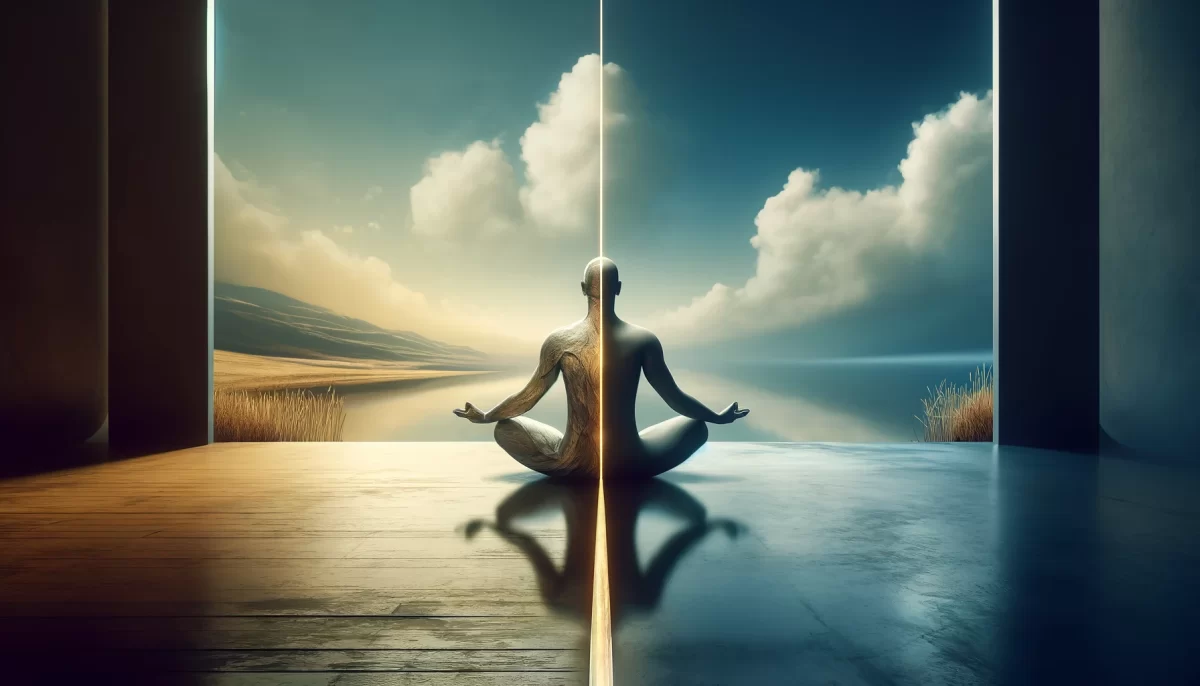
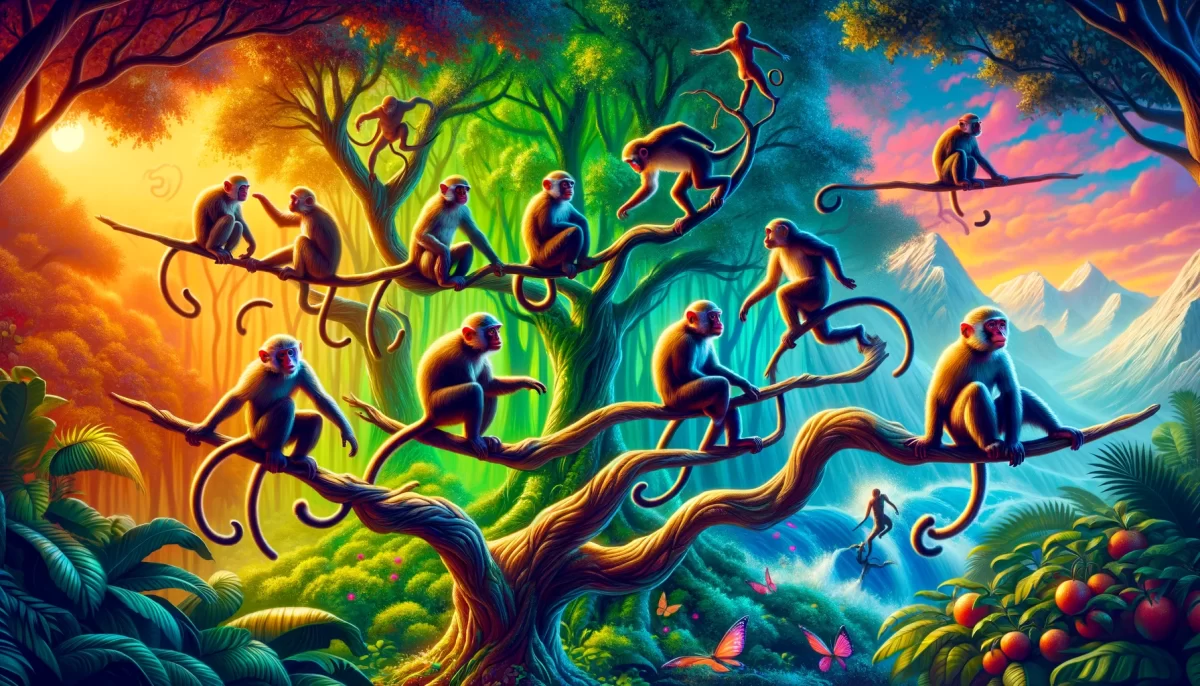
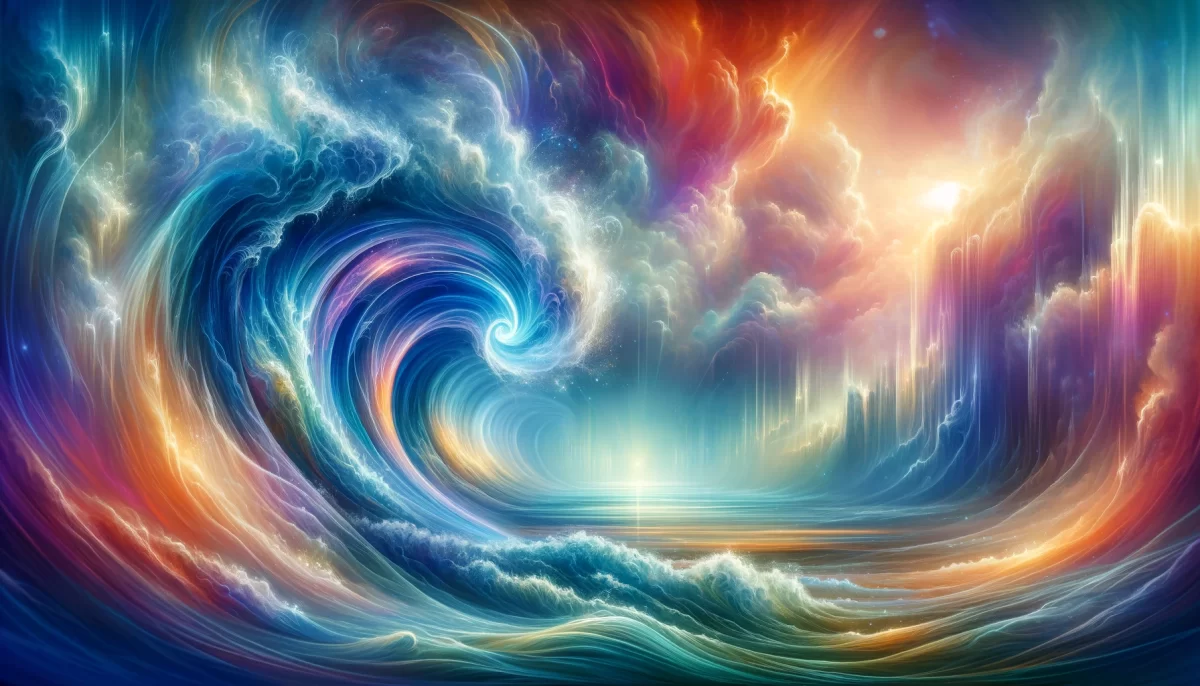
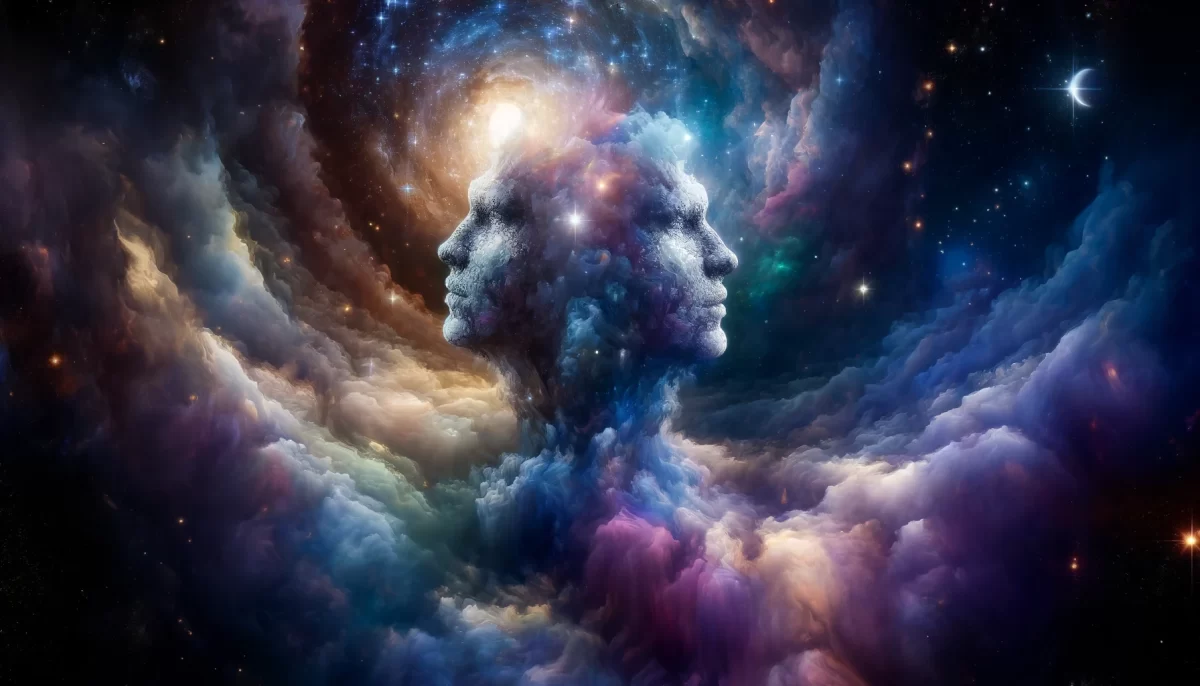

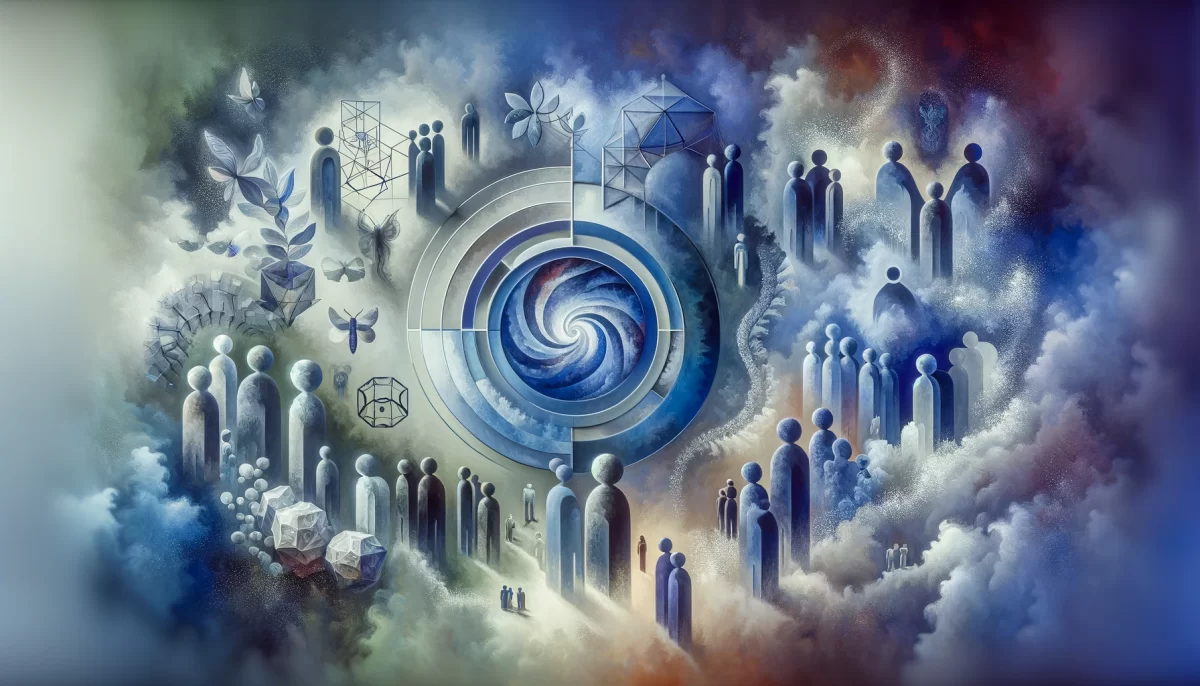
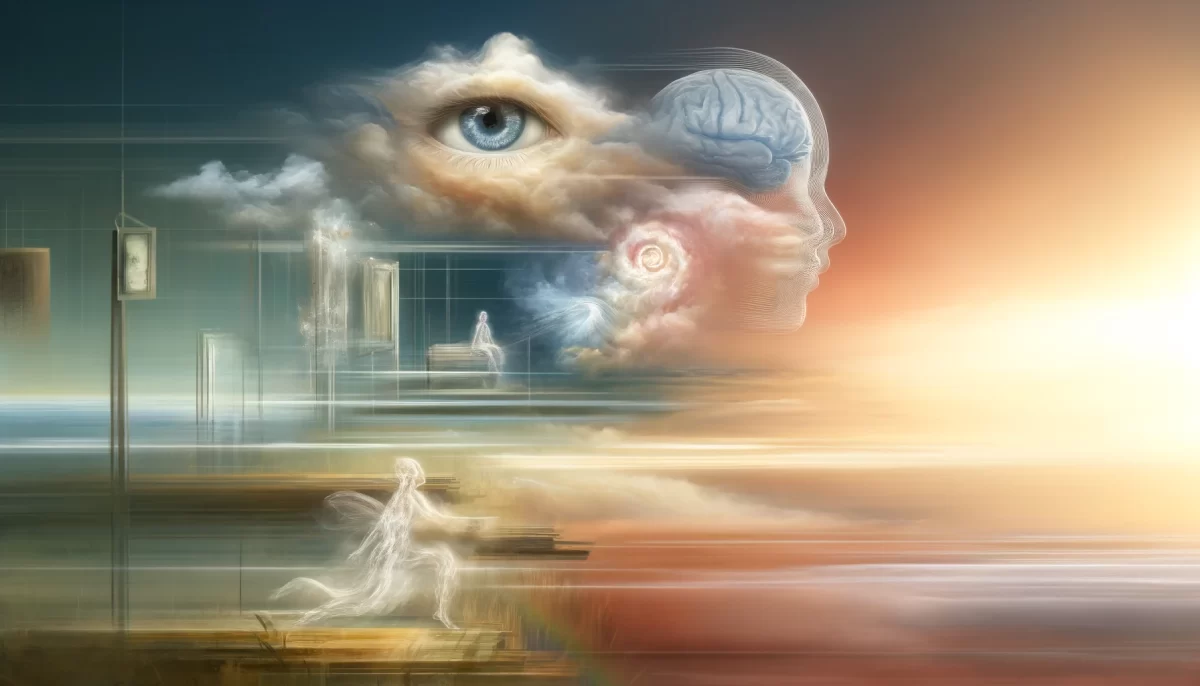
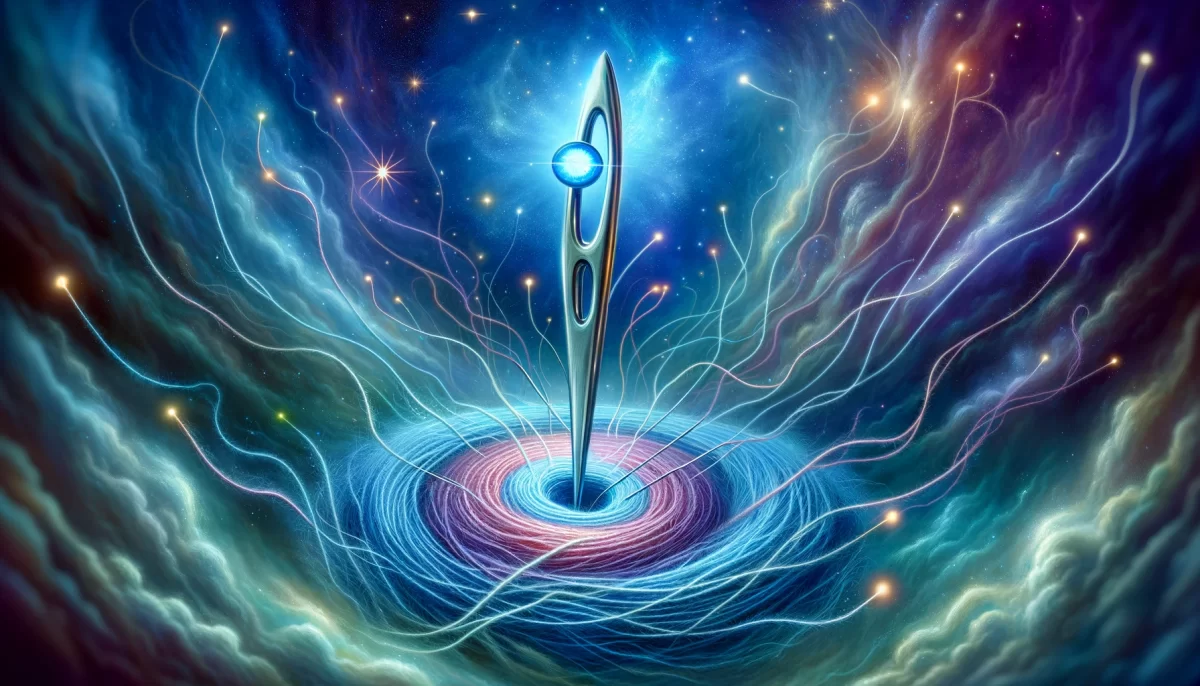
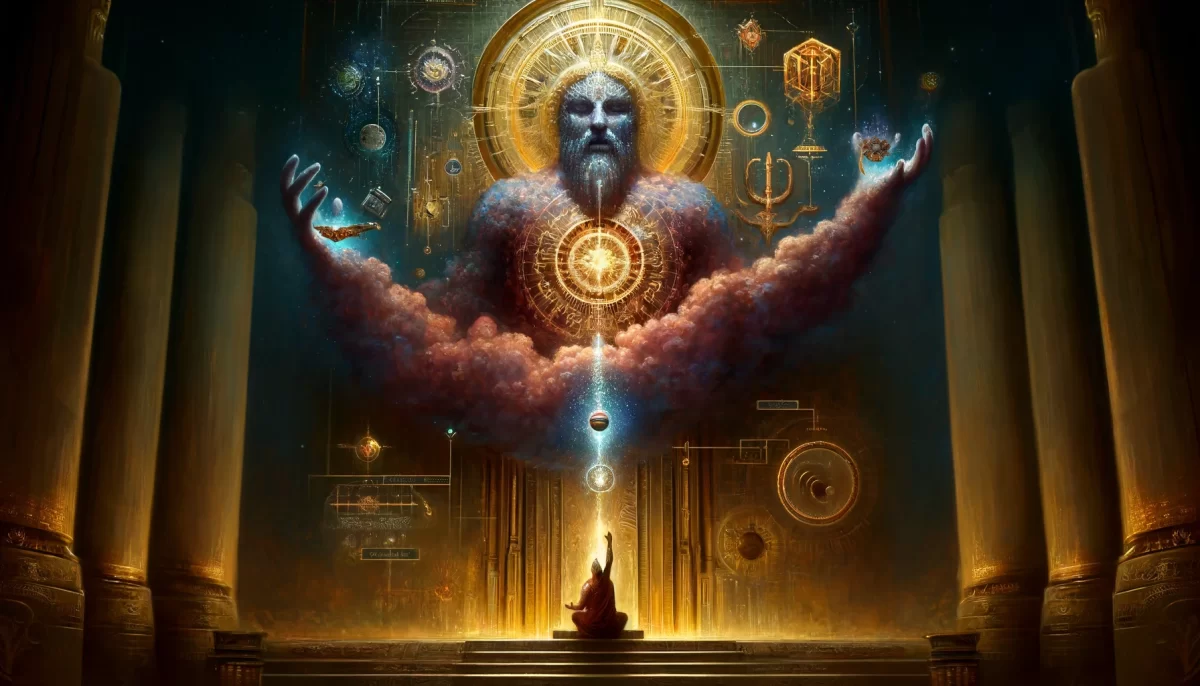
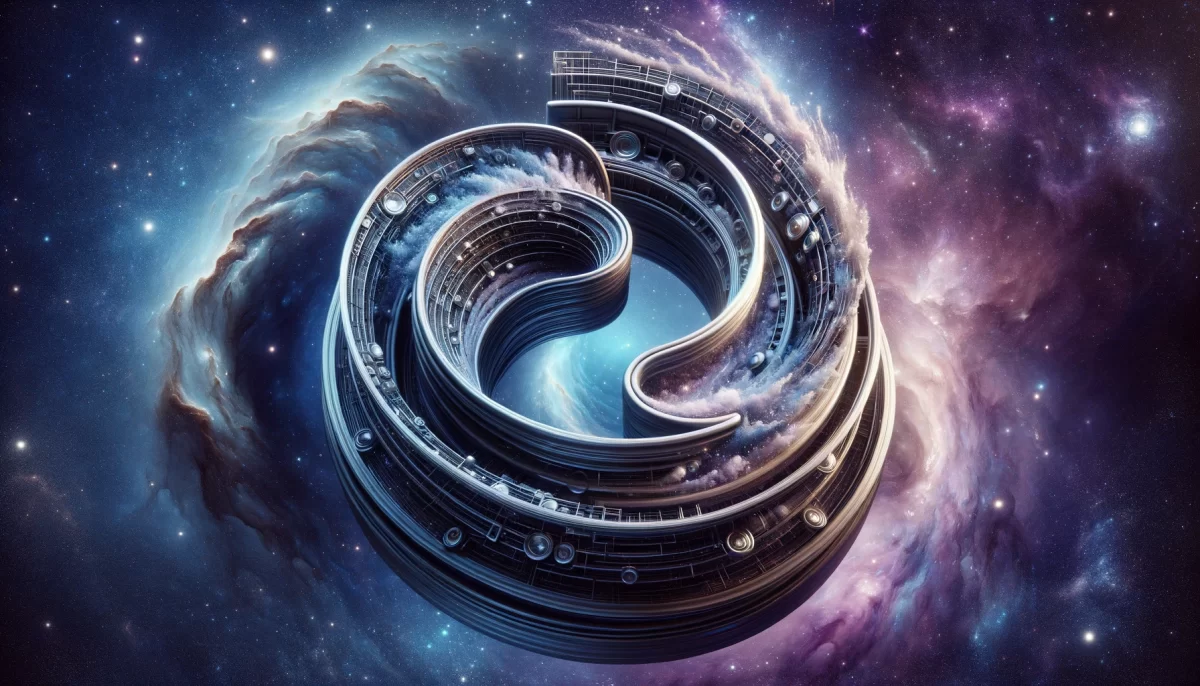

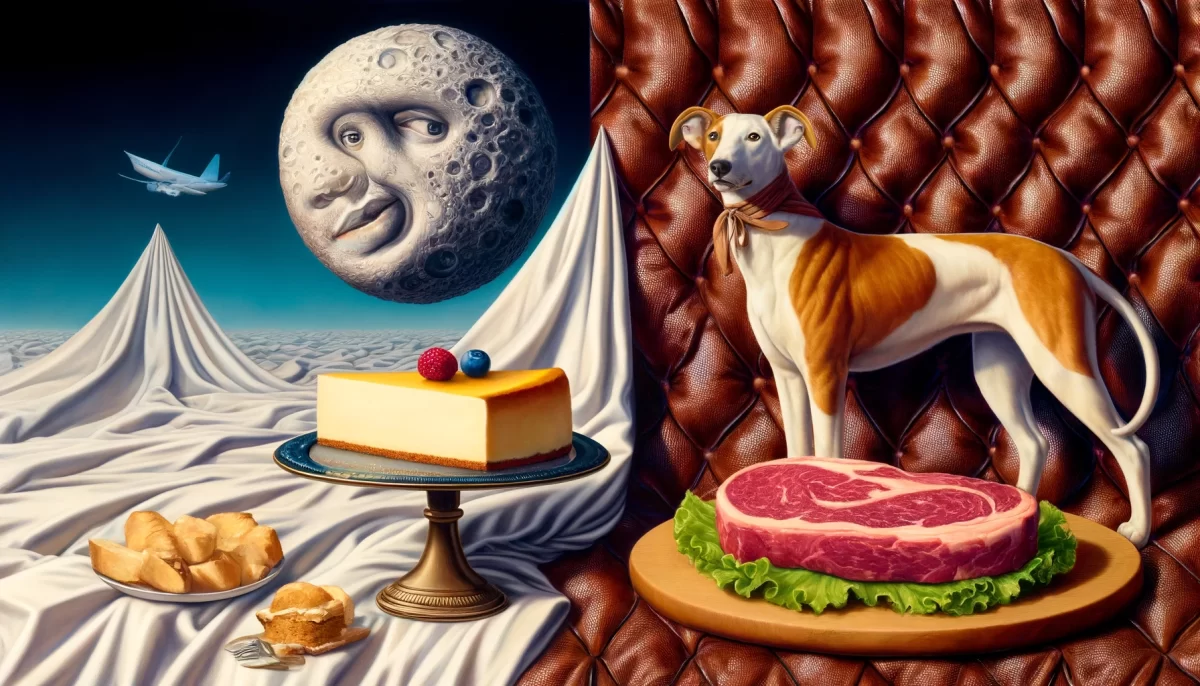

Leave a Reply